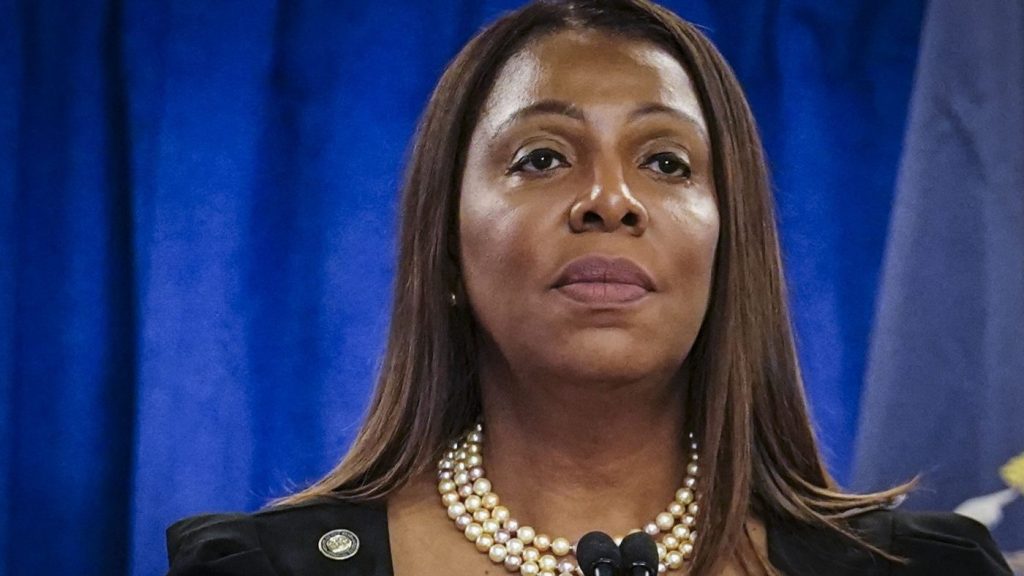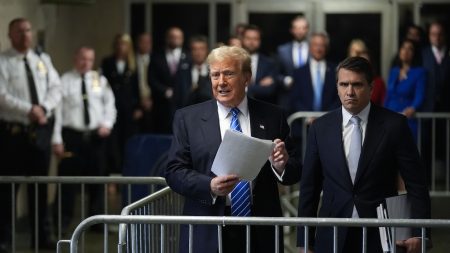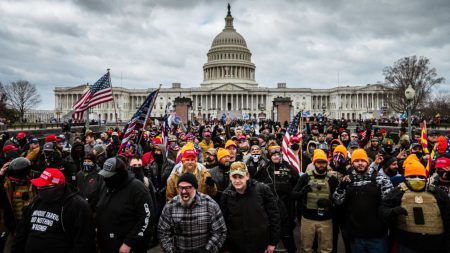The New York attorney general’s office has raised concerns about the $175 million bond for former President Trump’s civil fraud trial. The California-based company that provided the bond is being challenged by the AG's office.
In a short court notice, state lawyers expressed doubts about the reliability of the surety provided by Knight Specialty Insurance Company.
The AG's notice demands proof from Trump or the insurance company that they can cover the bond if Trump loses the appeal, and that the bond is properly backed.
The state lawyers stated that Trump or Knight must submit a motion to justify the surety within ten days, or the bond will be considered invalid. However, the surety will still be responsible until a new one is arranged.
Judge Arthur Engoron, who presided over the fraud trial, previously ruled that Trump and his associates manipulated his net worth. They were instructed to pay $464 million, plus interest, along with other penalties.
Trump was required to put up a $175 million bond after claiming that it was impossible to secure the full bond amount because sureties refused to accept his real estate as collateral.
The bond from Knight Specialty Insurance Company prevents New York Attorney General Letitia James from collecting the judgment against Trump and halts other penalties.
Engoron has planned a hearing on April 22 to address this issue, which will be about a week into Trump’s criminal trial in Manhattan.
The New York attorney general’s office also asked Engoron to instruct the independent monitor overseeing the Trump Organization to investigate if the defense withheld crucial information during the trial.
The attorney general's office became aware of this issue after Trump Organization’s ex-chief financial officer Allen Weisselberg admitted to lying during the trial.
As part of his plea agreement, Weisselberg acknowledged lying during depositions before the trial and while testifying.
The plea deal cited an email exchange where the correct size of Trump Tower was confirmed to Weisselberg, a crucial piece of evidence. A state lawyer alleged that this exchange was not provided by the defense.
Wallace urged the judge to assign the monitor the task of determining if the defense had the exchange, if it was disclosed during discovery, and if not, the reason why.









